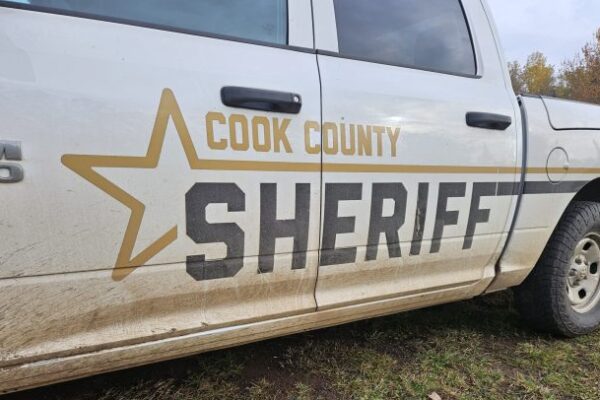Polymet confident that Supreme Court ruling will not halt project
On April 28, the Minnesota Supreme Court announced its latest ruling in the long-running battle over the proposed PolyMet Mining copper-nickel mine in northeastern Minnesota, the first such mine in the state.
The Supreme Court sent the dispute over the NorthMet project back to the Minnesota Department of Natural Resources for further proceedings to determine if the proposed mine’s waste pond would effectively keep pollution contained.
The Supreme Court also affirmed the 2020 Minnesota Court of Appeals to reverse the DNR’s decision to grant a “permit to mine” because the DNR failed to set a fixed term for the permit. The Supreme Court ordered the DNR to set an appropriate term.
After the Supreme Court announcement, some in the region, such as J.T. Haines, spokesperson for the Minnesota Center for Environmental Advocacy, declared the Supreme Court announcement a victory for those concerned about the environmental impact of the new mining in the Lake Superior watershed. See related WTIP story here.
WTIP’s Rhonda Silence reached out to Polymet Mining to find out if this ruling could mean an end to Polymet’s pursuit of copper-nickel mining in the Hoyt Lakes area. Bruce Richardson, a spokesperson for Polymet, answered with a resounding no. Richardson claims that the Supreme Court ruling is a victory for the mining company.
Richardson told WTIP that the of the eight issues before the Minnesota Supreme Court, the court ruled in the Minnesota Department of Natural Resources–and Polymet’s–favor on six.
The fact that the questions about the proposed tailings basin (or waste pond) will be reviewed in a “contested hearing” does not overly concern Richardson. He is confident that the information on the efficiency of the waste pond will be affirmed when the process is complete.
Richardson also said the fact that the DNR will be required to define a “set term” for the Polymet Mining permit is not something that will bring the Northmet Project to a halt.
WTIP’s Rhonda Silence spoke with Richardson about the history of the project, the legal challenges, and what he thinks is ahead for the project.














